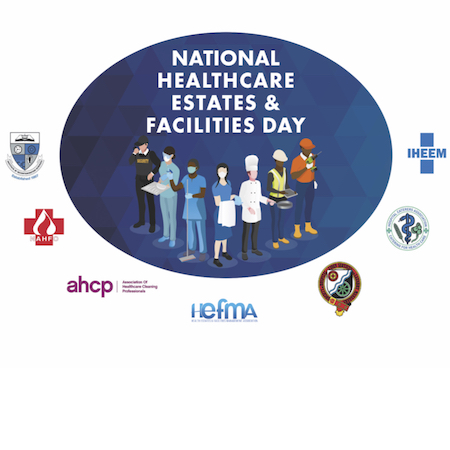A new analysis from think tank IPPR with LCP Health Analytics claims that getting people off NHS waiting lists would bring benefits equivalent to £73 billion between now and 2027.
The case for reducing waiting lists for non-emergency hospital treatment has historically been made with reference to the human cost. But IPPR’s new report examines for the first time the diverse economic benefits of tackling the backlog, including putting a value on non-monetary benefits not factored in traditional measures of economic output (GDP).
One in eight people in England, a total of 7.2 million people, are on an NHS waiting list for elective treatments, which have significant impact on a person’s quality of life and worsen if not treated promptly.
The government and NHS England’s post-Covid Elective Recovery Plan commits to delivering 30% more treatments a year than before the pandemic, by 2025. This would mean 18 million more completed treatments over the next five years, IPPR’s report finds - bringing NHS elective waiting lists below half a million by the end of 2026. However, previous research has found fewer people have been treated from the waiting list since the plan was published in 2022 than were treated during the same period in 2019.
If the NHS Elective Recovery Plan were achieved, analysis by LCP Health Analytics for IPPR (using a model developed by the Department of Health) shows that this would deliver total benefits worth at least £73 billion over five years. Broken down, this figure comprises:
• £18 billion generated through people returning to work or increasing the number of hours they work - directly increasing GDP.
• £55 billion generated through work people do that helps others and society, but for which they are not paid - so does not itself count towards GDP. This includes childcare, caring for sick or elderly relatives, unpaid domestic work and volunteering, all contributing indirectly to the UK economy.
The analysis also finds £14 billion would be saved by government and households through lower spending on health and social care services and informal care services.
To cut waiting lists, and gain the full economic benefits as a result, the government and the NHS need to make a number of reforms swiftly. IPPR calls for 10 key changes - most already tried and tested - that could be made now by health service leaders across the country. These include:
1. Provide elective treatments at weekends. It is difficult to deliver against the government’s target without completing elective operations over the weekend. Staff should be pooled across hospitals in a region and encouraged through ‘surge’ pay to pick up weekend shifts.
2. Create regional waiting lists. Most patients are referred to a specific hospital and must wait in that queue, even if an earlier option becomes available elsewhere. Creating regional waiting lists would lead to faster treatment for patients willing to travel.
3. Cut some routine follow-up appointments. Most patients are automatically booked in for these regardless of whether they are needed. Instead, a patient-led approach to follow-up appointments would cut waste and give choice to patients.
4. Invest in social care workforce. Too many people are unable to be discharged from hospital, despite being medically fit enough, because of the lack of social care. Recruiting and training more social care workers is perhaps the single most effective way to open up hospital beds and reduce waiting lists.
Lord Ara Darzi, leading surgeon and co-chair of IPPR’s Commission on Health and Prosperity, says: “Too often, politicians have seen healthcare as a cost to be contained, rather than an opportunity to deliver better lives and greater national prosperity.
“The NHS has made genuine progress in reducing the number of people waiting over two years for treatment. This report shows there is a convincing, economic case to go yet further and faster. The NHS has a track record of dramatic improvements in waiting times. With the right resources, we can do it again.
“This report also highlights a series of compelling levers that policymakers can use to speed up progress. Getting people off the lists and back to work is good for their own quality of life, and it is also good for the economy.”
Dr Parth Patel, senior research fellow at IPPR, says: “It’s often said we need economic growth to support the NHS, but right now we need the NHS to support the economy. The UK is on track to be the worst performing advanced economy this year. Fixing the crisis in our health service should be a top priority for policymakers, but there was no mention of it in the Chancellor’s spring budget.
“The government urgently needs to bolster the health and social care workforce, while local NHS leaders should be given the power to redesign how services work for patients.
“For too long the NHS has just been viewed as a cost, but better healthcare is a springboard for a better economy.”
The IPPR paper, Waiting for prosperity: Modelling the economic benefits of reducing NHS elective waiting lists, by Anne Williamson and Dr Parth Patel, can be downloaded here.











